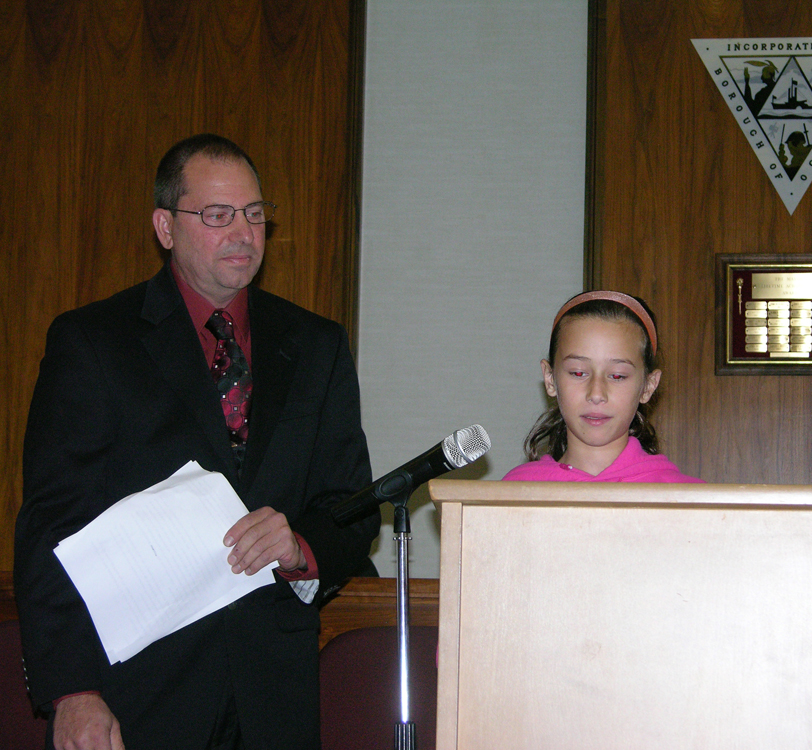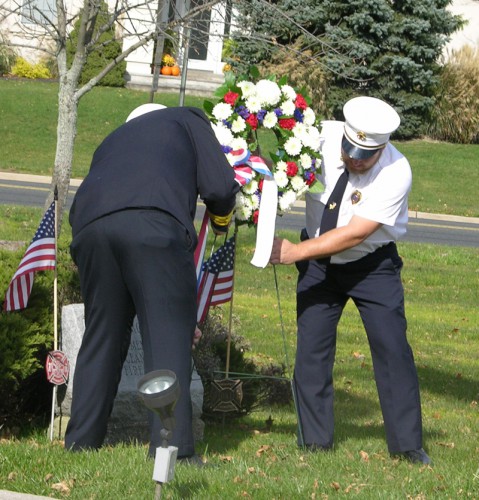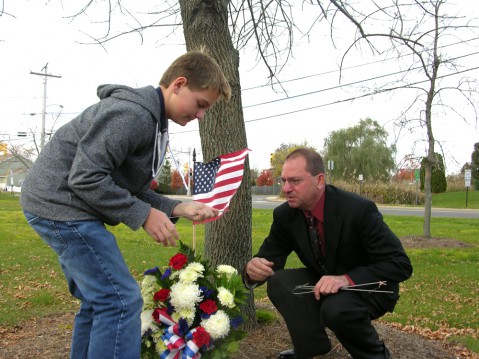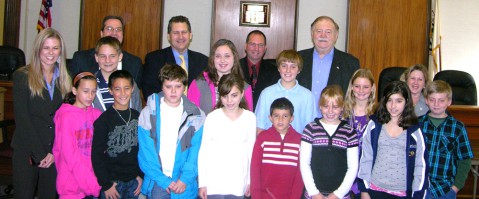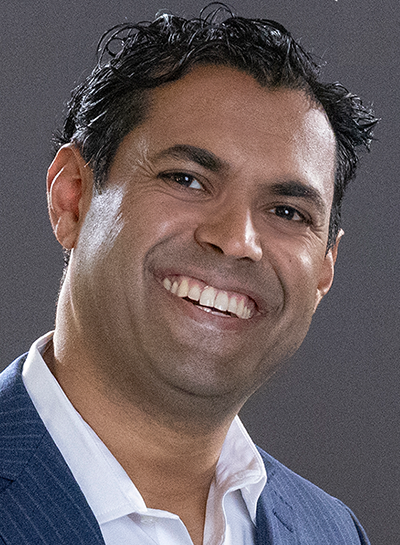Lining up for a piece of Fort Monmouth
November 18, 2011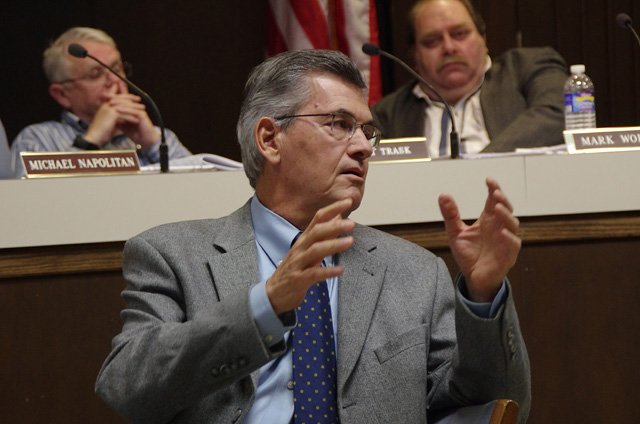
E’town’s Weston Landing left turn no longer a problem
December 1, 2011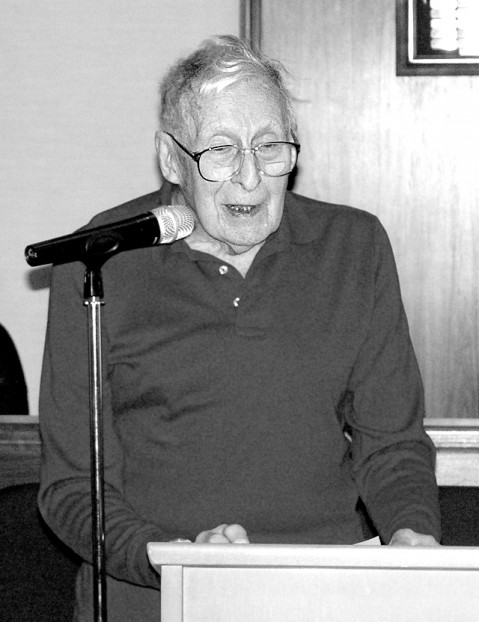
Frederick Koechlin, who joined the Army before World War II started, and joined the Navy during the war, was the keynote speaker.
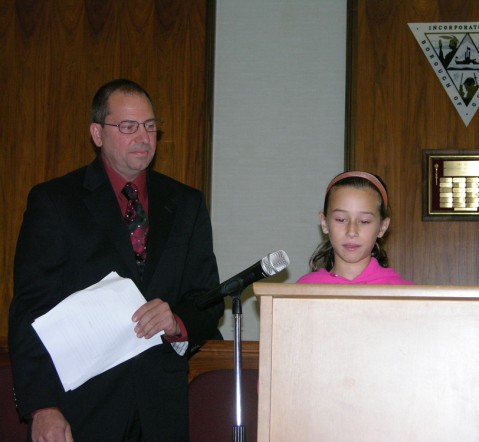
By Neil Schulman
Oceanport — Not everyone who served our country, even in times of war, fought overseas.
Frederick Koechlin, a World War II veteran, served in both the Army and Navy during the 1940s, though he was never sent to the front lines. During the Veterans Day ceremonies at Oceanport Borough Hall, he described some of his experiences during that time.
Before he spoke, Borough Council President Richard Gallo shared excerpts from essays written by Oceanport students about the importance of veterans. They had relatives who served in World War II, ones who are getting ready to go to Afghanistan today, and ones who fought in the wars in between.
“The students used words such as brave, courageous and self-sacrificing,” Gallo said.
Koechlin said that he first joined the Army in October, 1940. He was working as an accountant in the New Yorker hotel, and saw two headlines in the newspaper. One said that the draft was imminent, and another said the Army was taking one-year enlistments.
“At lunchtime I went down and enlisted,” he said. He was told to take two days of clothing when he reported to Fort Dix.
“We should have taken 10 days clothing. We didn’t have any uniforms,” he said. The Army also didn’t have barracks set up; the recruits spent the winter in tents.
One day, a group of trucks pulled up to the barracks. A group of celebrities, including Milton Berle, were putting on a show for the troops. Koechlin remembers “a nice little French girl,” who pulled him up on stage, and made him sing with him.
At the end of the year, the war hadn’t started yet, and Koechlin left the army. Since he had married, and needed a higher paying job, he started working in defense, helping to build airplanes.
“After a while, the company folded,” Koechlin said. The war had started, and he decided to enlist, this time seeking the Navy.
He did well on some tests, and was assigned to advanced training. His mission was to get planes on freighters to help patrol them. Submarines were too nimble for these ships to escape, and the planes were to serve as protection.
After six months of training, the program wasn’t ready yet, and he went to Norfolk, Va., to wait. By the time his assignment came through, the war was over.
Following Koechlin’s speech, Chaplain Wayne Smith, a retired colonel, gave a benediction, and attendees placed wreaths and flowers on memorials and plaques to troops outside of borough hall.


